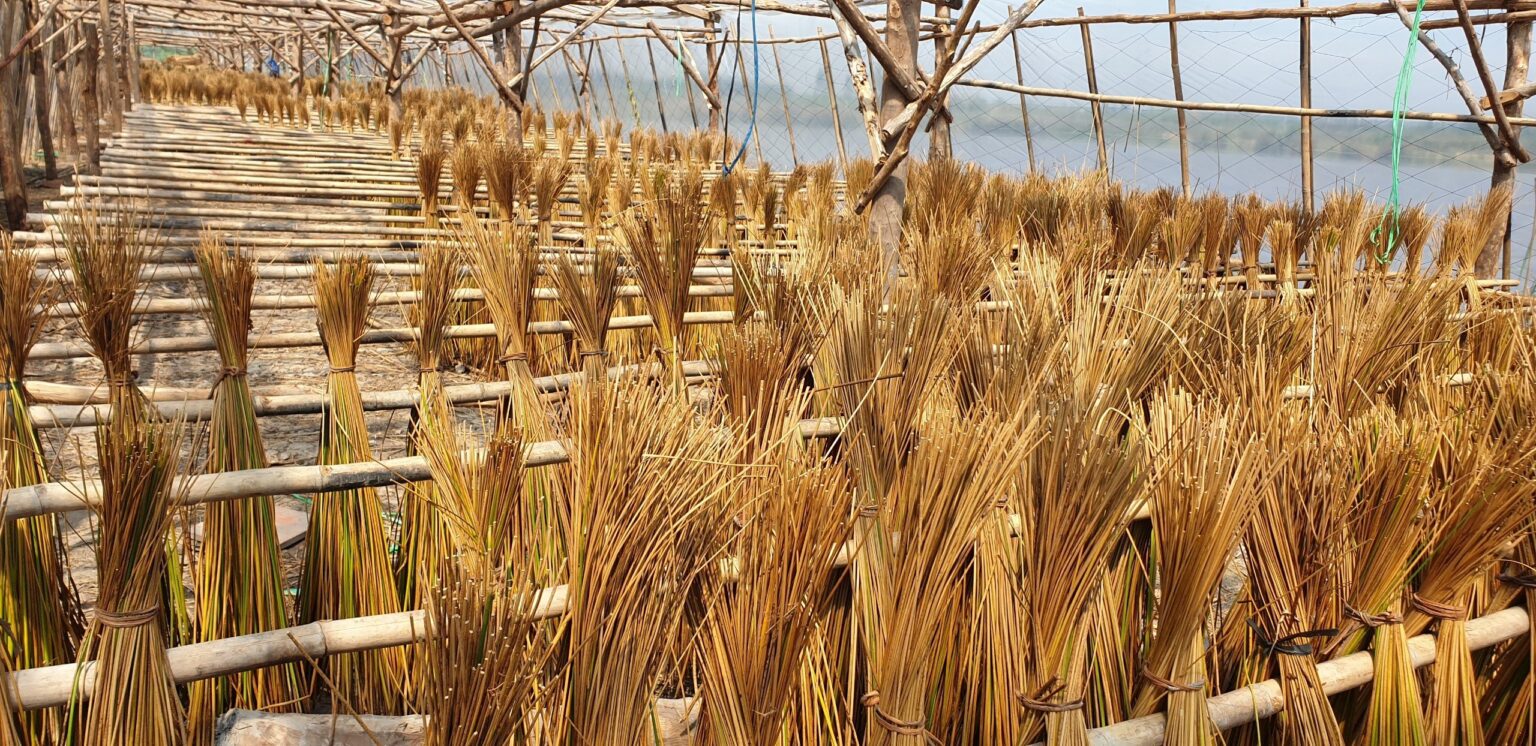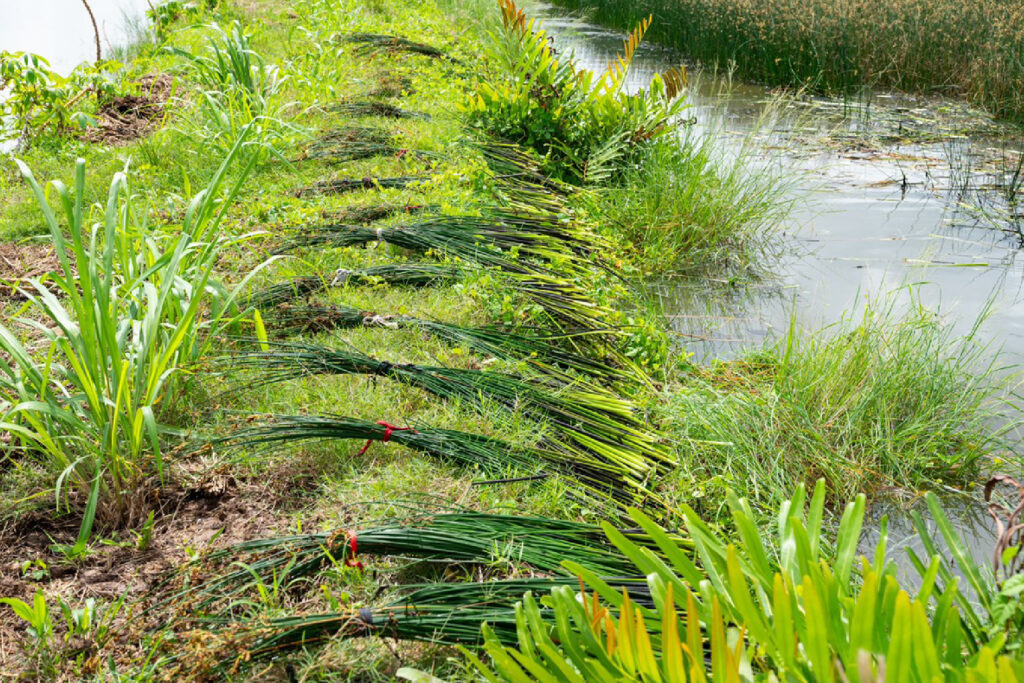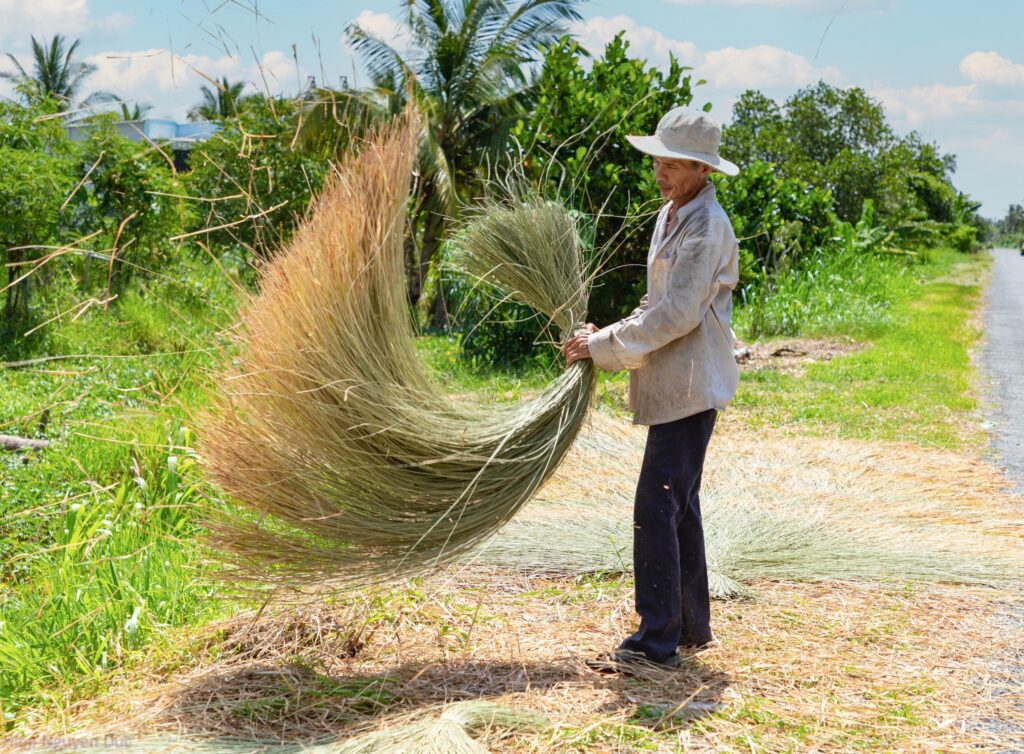Flow of Culture and Life
Water represents a fundamental component of the economy in the region. In addition to meeting household needs, water is used for agriculture, industry, and service industry. Rivers and their surrounding areas also contribute to the landscape and the development of various tourism services. Besides, river systems serve as habitats for numerous terrestrial and aquatic species, providing aesthetic and recreational values.
In the Mekong Delta, the Mekong River is considered the most crucial water source and ecosystem service provider by virtue of its supply around 90% of the water flow to the region.

Particularly in the dry season, the water volume is entirely dependent on the upper Mekong region. However, river basins have been excessively exploited to meet economic and social development goals, pressurizing the ecosystem. Meanwhile, many rural communities and ethnic minorities still heavily rely on river water. Currently, the ecological service values provided by rivers are gradually being overlooked, leading to activities that have adverse effects on rivers occurring frequently

Therefore, the project has assessed the ecosystem services that rivers truly provide for humans to change the current river management mindset.
Research results show that the ecosystem services along the Hậu River are highly diverse and play a crucial role in the development of the Mekong Delta region.

This area serves as a crucial source of water and food for various activities in the region. The Hậu River directly and indirectly provides various regulating and supporting services, such as climate regulation, nutrients, and more. Furthermore, it is considered as a hub for numerous festivals and religious activities on the river, characterized by many ecotourism and experiential tourism activities. The role of these services provided has been of great concern to the residents during the survey
However, these services have been gradually diminishing due to various factors, such as hydrological changes, declining water quality and quantity, and development policies related to the river. Among them, changes in water quality and quantity are among the main causes leading to alterations in ecosystem services on the river.

